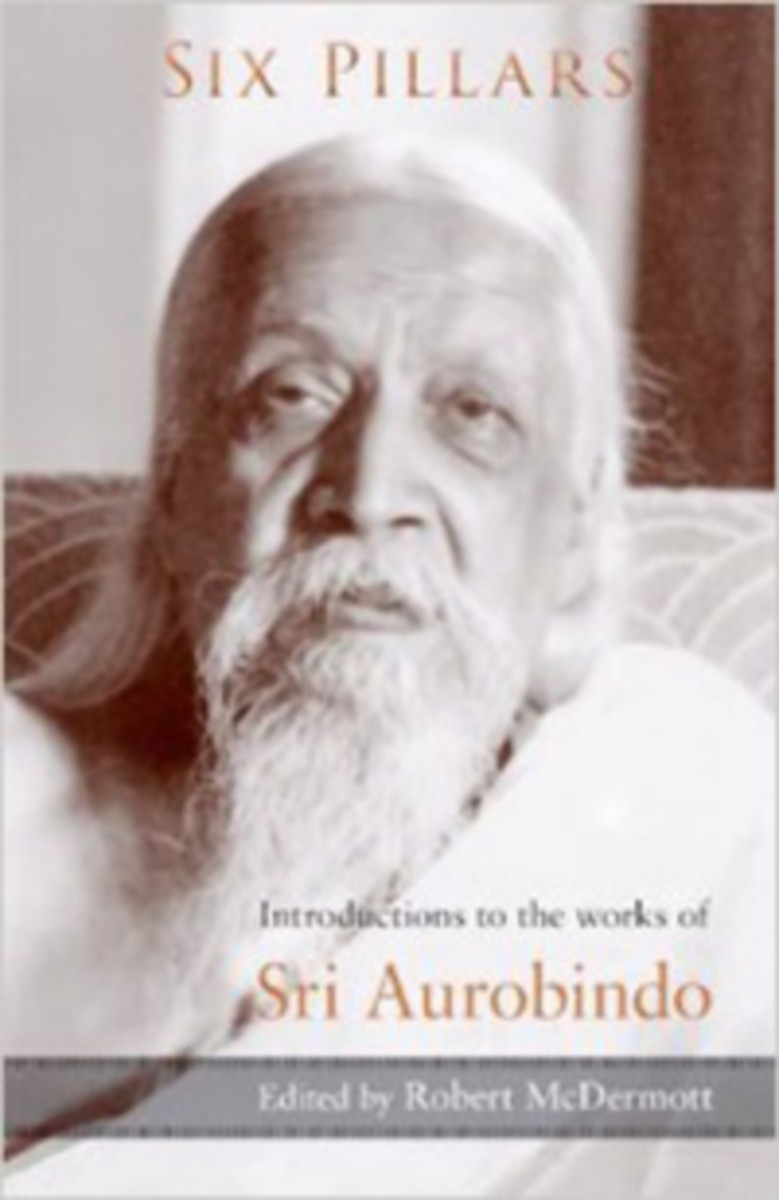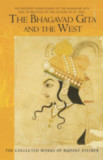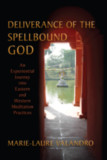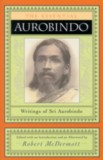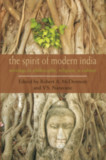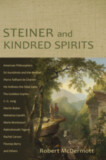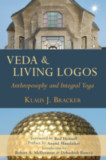Six Pillars
Introductions to the Works of Sri Aurobindo
- Publisher
Lindisfarne Books - Published
20th April 2012 - ISBN 9781584200925
- Language English
- Pages 216 pp.
- Size 6" x 9"
Sri Aurobindo (1872-1950) was one of the great twentieth-century figures of India. Over the course of his lifetime, he helped India's struggle for freedom and became a leading yogi, philosopher, and poet of his time and culture. In his teaching, Sri Aurobindo went well beyond Eastern philosophy and religion, synthesizing it with Western traditions, even spending two years of his youth at Loreto Convent in Darjeeling, West Bengal.
In 1879, Aurobindo and his two elder brothers were taken to Manchester, England for a European education and placed in the care of Rev. Drewett, an Anglican clergy, and his wife. In 1884, Aurobindo joined St. Paul's School, where he learned Greek and Latin and spent three years studying literature, especially English poetry.
By 1910, Sri Aurobindo's focus was directed entirely toward spirituality, and he settled in Pondicherry, India, where he taught, wrote, and published his greatest works. His spiritual vision extended beyond the perfection and transformation of the individual to include the evolution and transformation of human society. According to his teaching, a true solution to humanity's problems arises from a radical transformation of human life into a form of divine existence.
“The one aim of [my] yoga is an inner self-development by which each one who follows it can in time discover the One Self in all and evolve a higher consciousness than the mental, a spiritual and supramental consciousness which will transform and divinize human nature.” —Sri Aurobindo
For everyone interested in the philosophical and spiritual vision of the great Indian thinker Sri Aurobindo, the revolutionary turned yogi, this outstanding collection of masterly introductions, first published in 1974, offers original reflections and interpretations of Sri Aurobindo’s six major works, all written by distinguished scholars of religion and philosophy rather than devotees. Long out of print and difficult to find, Six Pillars is again available for contemporary readers.
C O N T E N T S:
Foreword by Ursula King
John Collins: “Savitri: Poetic Expression of Spiritual Experience”
Thomas Berry: “The Foundations of Indian Culture: its Contemporary Significance”
Thomas J. Hopkins: “The Vision of the Purushottama in Essays on the Gita”
J. Bruce Long: “A New Yoga for a New Age: A Critical Introduction to The Synthesis of Yoga”
Eugene Fontinell: “A Pragmatic Approach to the Human Cycle”
Robert McDermott: “The Life Divine: Sri Aurobindo’s Philosophy of Evolution and Transformation”
Sri Aurobindo
Sri Aurobindo (born Aurobindo Ghose, 1872 – 1950) was an Indian philosopher, yoga guru, maharishi, poet, and Indian nationalist. He was also a newspaper journalist and editor of newspapers. He became an influential leader of the Indian movement for independence from British colonial rule before becoming a spiritual reformer and introducing his views of human progress and spiritual evolution. At Pondicherry, Sri Aurobindo developed a spiritual practice he called Integral Yoga. His major literary works are The Life Divine, on philosophical aspect of Integral Yoga; Synthesis of Yoga, on principles and methods of Integral Yoga; and Savitri, an epic poem.


